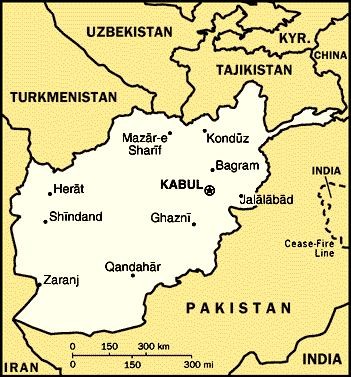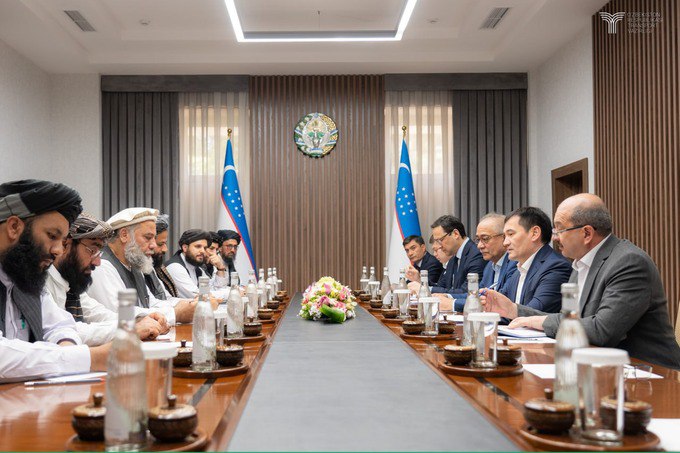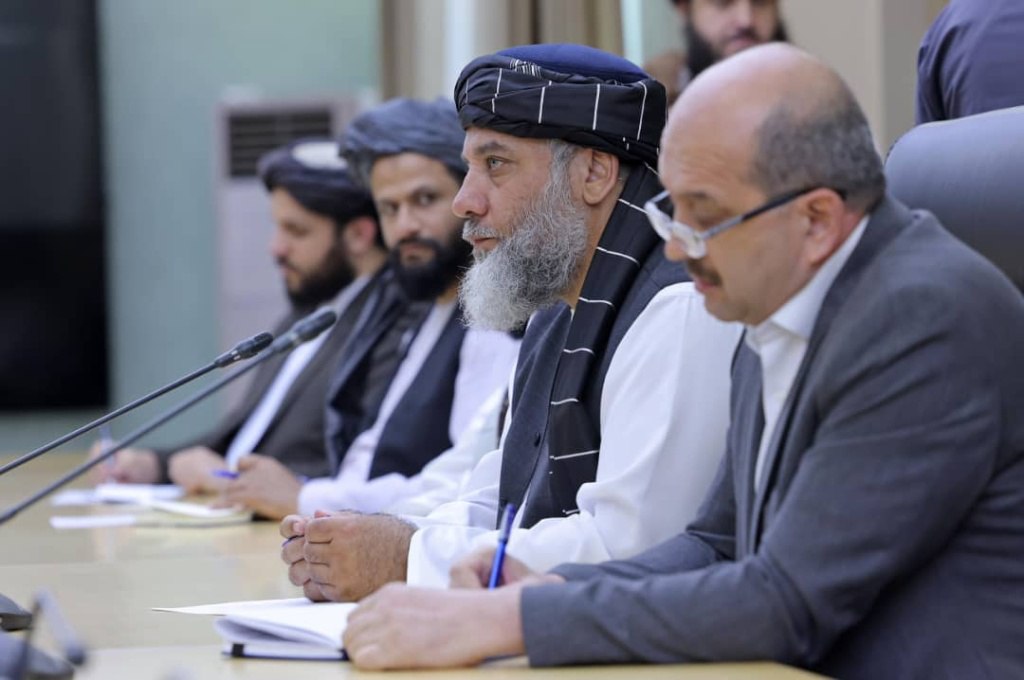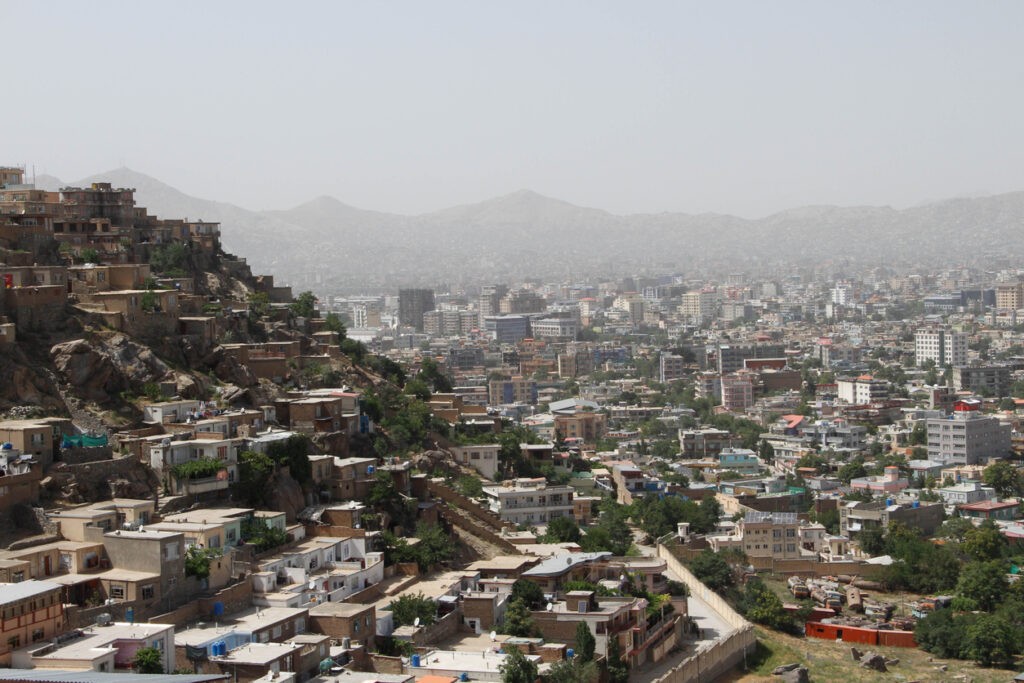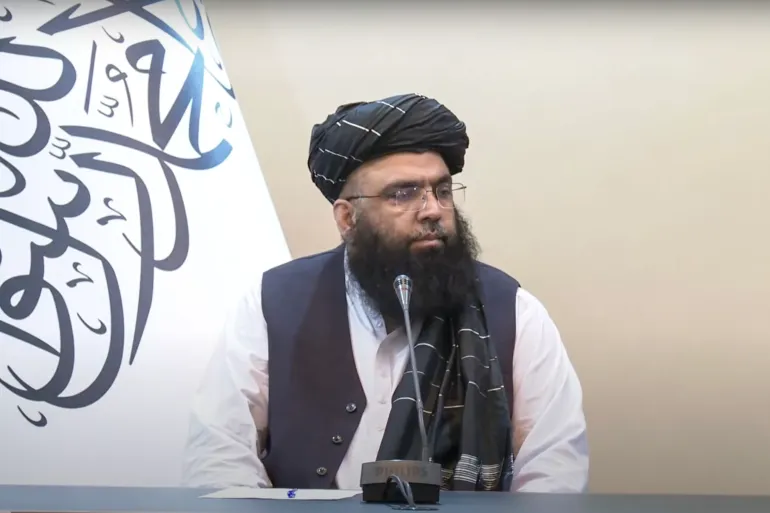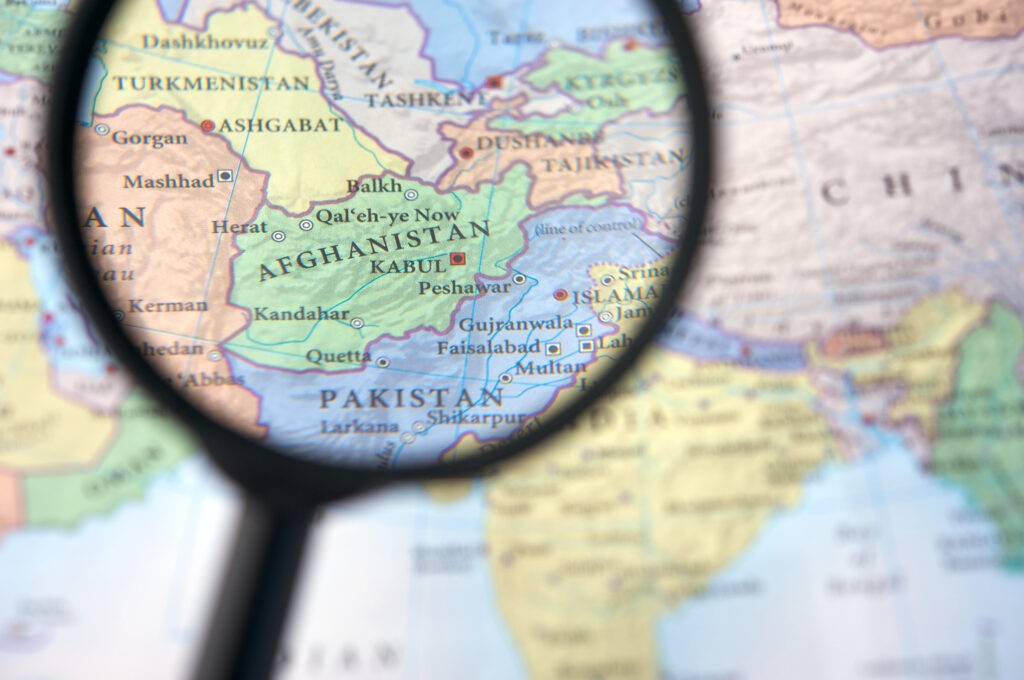KABUL (TCA) — A senior Afghan official accused the U.S. special envoy to his country, Zalmay Khalilzad, of “delegitimizing” the Kabul government by excluding it from peace negotiations with the Taliban and acting like a “viceroy,” RFE/RL reported.
The comments on March 14 by Hamdullah Mohib, who serves as Afghan President Ashraf Ghani’s national security adviser, drew immediate rebuke from Washington, with the State Department saying that his remarks “only serve to hinder” U.S.-Afghan ties and the peace process.
Speaking during a news conference at the Afghan Embassy in Washington, Mohib, a former ambassador to Washington, directed his attacks at U.S. Special Representative Khalilzad’s conduct of peace talks with the Taliban.
Kabul has been excluded from the talks, held in Qatar, because the Taliban refuses direct negotiations with the Afghan government, insisting it is a puppet of the West and demanding that foreign troops pull out of the country before bilateral talks can begin.
U.S. officials have insisted they will not accept a peace deal with the Taliban without direct talks between the militant group and the Afghan government.
Kabul in the past has expressed anger over being kept out of the talks, but public comments targeting the top U.S. negotiator are extremely rare. Officials were angered again this week when Khalilzad wrapped up the latest round of Taliban talks in Doha and returned directly to Washington without stopping to brief officials in Kabul.
“Knowing Ambassador Khalilzad’s history, his own personal history, he has ambitions in Afghanistan. He was wanting to run for president twice,” Mohib said.
“The perception in Afghanistan and people in government think that perhaps, perhaps all this talk is to create a caretaker government of which he will then become the viceroy.”
“Viceroy” was the title of the colonial administrator of British-ruled India and holds negative connotations in South Asia.
“The Taliban are in no mood to negotiate with the Afghan government, and there is no reason for them to do so. They’re gaining. Their sole aim and expectation and reasons in wanting to talk directly with the United States is to give themselves legitimacy,” Mohib said.
Robert Palladino, the State Department’s deputy spokesman, said David Hale, the U.S. under-secretary of state for political affairs, “summoned” Mohib and told him he rejected the attack on “the U.S. approach to reconciliation.”
Palladino said Hale reminded the Afghan official that Khalilzad represents Secretary of State Mike Pompeo “and that attacks on Ambassador Khalilzad are attacks on the department and only serve to hinder the bilateral relationship and the peace process.”
